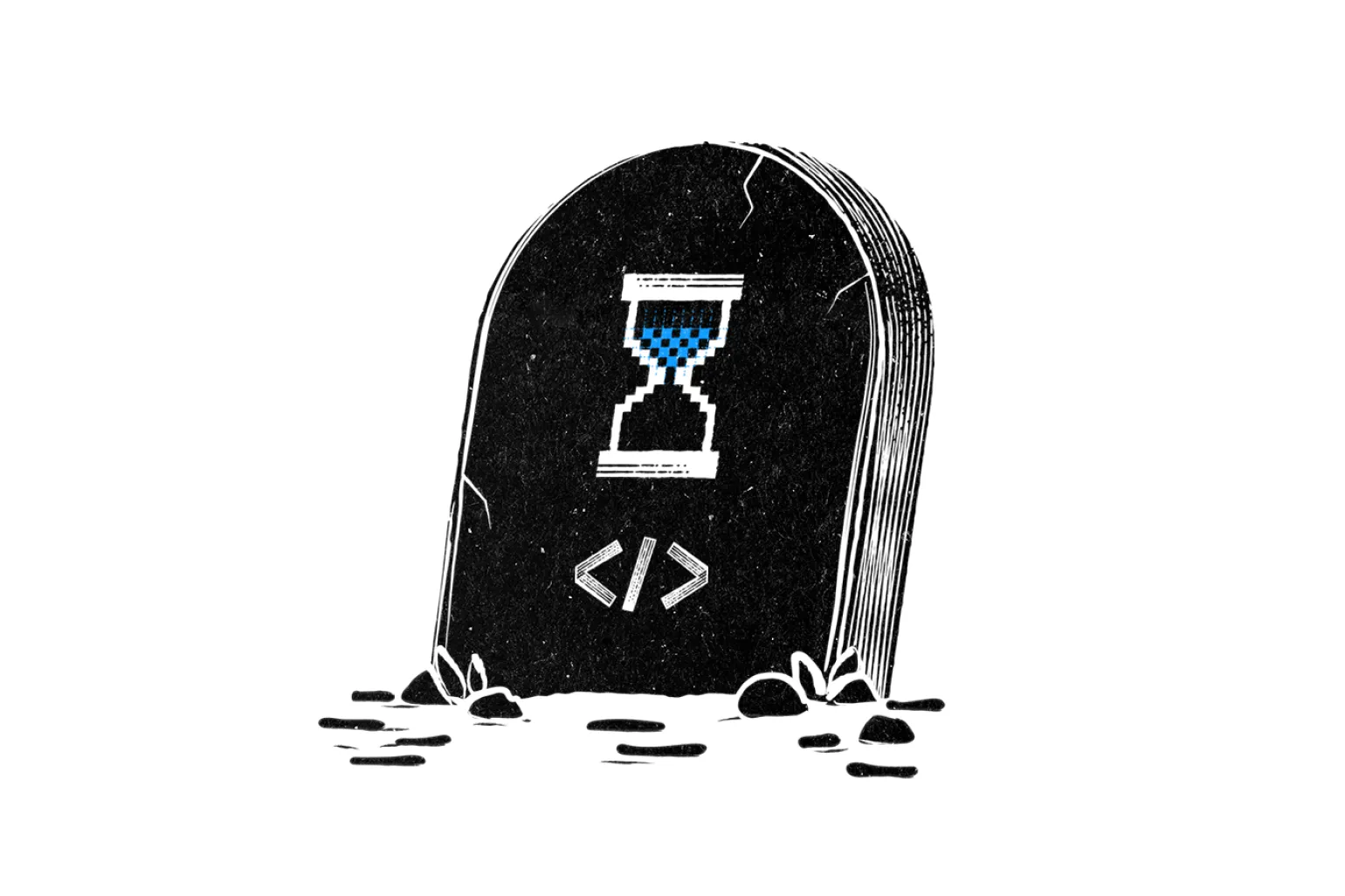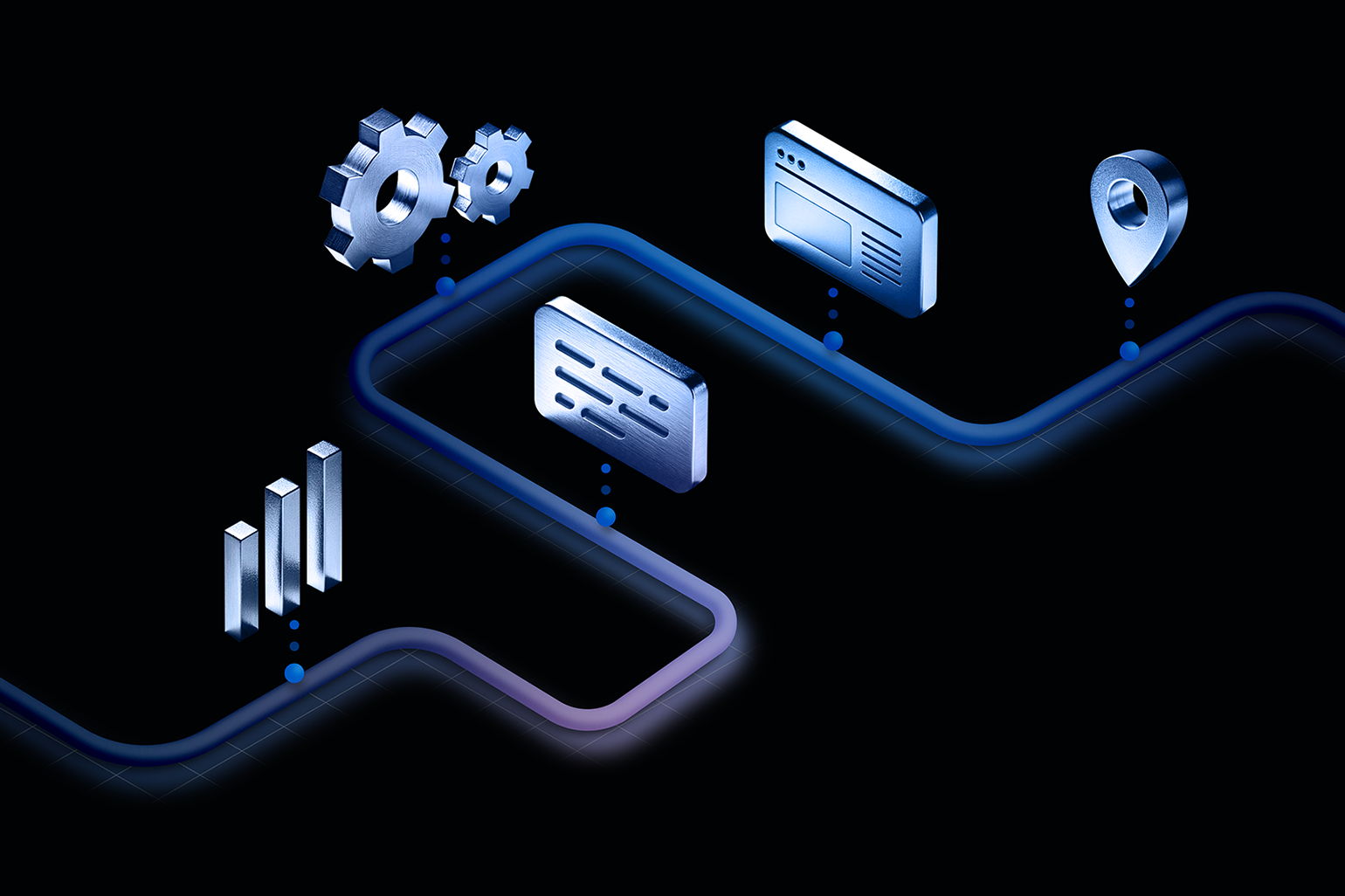Keep Your Site and Data Safe with Proper Security and Support

The end-of-life for Drupal 7 has been extended for the last time to January 2025. After this date, support for Drupal 7 will end and security vulnerabilities across Drupal 7 modules will be left unaddressed. With each day that passes, organizations lose more and more visibility into which modules harbor security threats.
NJI’s Vice President of Development, Claudio Meira, explains why it is imperative to upgrade your content management system to safeguard your online presence.
Is your site currently on Drupal 7? Chat with us today to help find the best solution for you.
When is end-of-life (EOL) for Drupal 7 and why does it matter?
After January 5, 2025, Drupal 7 will no longer receive security updates or support from the Drupal community. Software EOL marks the end of official support by the vendor or development community. Plus, most Drupal 7 sites use outdated third-party modules that authors no longer support.
Failing to upgrade could leave your website vulnerable to security threats and other issues. Sites will be more vulnerable to attacks and malicious code, which can compromise the site or even result in complete loss of the site. This is especially important for websites that store Personally Identifiable Information (PII) for clients, customers, or employees.
Who should upgrade?
Any sites built on Drupal 7 should upgrade to Drupal 10 or migrate to another content management system (CMS) before January 5, 2025. Currently, nearly 393,000 websites are still using Drupal 7— over 48% of Drupal-built sites. If you are one of them and want to determine whether you should upgrade or switch your CMS, check out the benefits of Drupal 10 compared to WordPress to determine which option is best for you.
How long can I wait to upgrade?
Delaying an upgrade creates more work and higher costs in the long run. In addition to missing out on new features and improvements in Drupal 10, websites that remain on Drupal 7 may encounter compatibility challenges with third-party integration. Drupal 7 modules for specific integrations may not be actively maintained or updated, making it increasingly difficult to find compatible extensions or updates.
In addition, any new features added to Drupal 7 sites will need to be re-added after an upgrade. Delaying can result in paying twice for features and hindering the functionality and integration capabilities of your website.
As more time goes on, the Drupal community and contributing module developers will shift their focus to newer versions of Drupal, leaving reduced support, fewer updates, and limited availability of compatible modules and themes for the Drupal 7 ecosystem.
What are the benefits of Drupal 10?
Each iteration of Drupal offers more security, flexibility, and speed. That means faster site speed, a better user experience, and higher Google search rankings. Drupal 10 (released in December 2022) represents a significant update to the Drupal platform.
Drupal 10 builds on the new features and improvements of Drupal 9, offering a revamped user interface, mobile support, improved modules, a powerful search engine, and a more flexible content modeling system. It also offers a new way to manage dependencies, improved support for multilingual websites, enhancements to the translation system, and a new media library with a central location for managing and organizing media assets. Its updated user interface makes it easier to manage and publish content. Automatic updates provide developers with a secure and smooth update process.
Drupal 10 also supports several deprecated APIs and features from Drupal 9, making it easier for developers to create and maintain Drupal 9-compatible modules and themes. Finally, version 10 improves support for web services, allowing Drupal websites to easily interact with other applications and services.
The latest stable version is always the best version.
What will happen if I don’t upgrade?
Websites that remain on Drupal 7 may be exposed to exploits and attacks. This can become a significant issue, particularly if the site handles sensitive data such as PII in its database. Without the security updates and patches provided in newer versions, hackers can exploit the website’s vulnerabilities, leading to data breaches and compromising the privacy and security of user information.
Remaining on Drupal 7 also means missing out on performance improvements. Drupal 10 and the latest WordPress continue to incorporate performance enhancements and optimizations for faster page load times and better overall website performance. Organizations that stay on Drupal 7 will miss out on these performance benefits, resulting in slower site speeds and user frustration.
What are the challenges to upgrading?
Upgrading from Drupal 7 to Drupal 9 or 10 is not a simple process, because there is no direct upgrade path. Organizations will need to rebuild their websites from scratch using Drupal 9 or 10 or another CMS, requiring substantial labor and capital. Still, the resources required to upgrade can be far less than the potential cost and reputational damage of incurring a data breach because a site is not adequately secure.
If a site is already using Drupal 9, upgrading to Drupal 10 is a simple process. Each version of Drupal is typically supported for 2 to 3 years.
What is NJI doing?
Our development team has already upgraded clients, including PATH’s Defeat DD, the American Association of Colleges of Pharmacy, and the National Community Pharmacists Association, to newer iterations of Drupal. Some clients have opted to take advantage of this opportune time for a full site redesign, because the code must be rebuilt regardless. Other clients, including the National Beer Wholesalers Association, have chosen to migrate their sites to other open-source content management systems, such as WordPress. NJI is supporting all clients in upgrading, updating, and migrating their sites.
How can I make the most of the upgrade?
If your site is hosted on Drupal 7, now is the time to upgrade or migrate to another CMS. NJI recommends WordPress for many clients because of its strong capabilities in performance, security, and search engine optimization. These qualities, coupled with faster implementation timelines, significant capabilities from the open-source community, and most importantly, the intuitive and user-friendly interface, make it the ideal CMS.
Not sure which CMS is best for you? Check out our Drupal vs. WordPress benefit analysis.
Last Updated July 26, 2023

